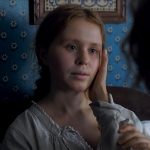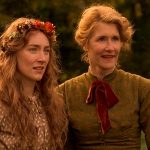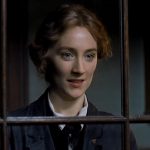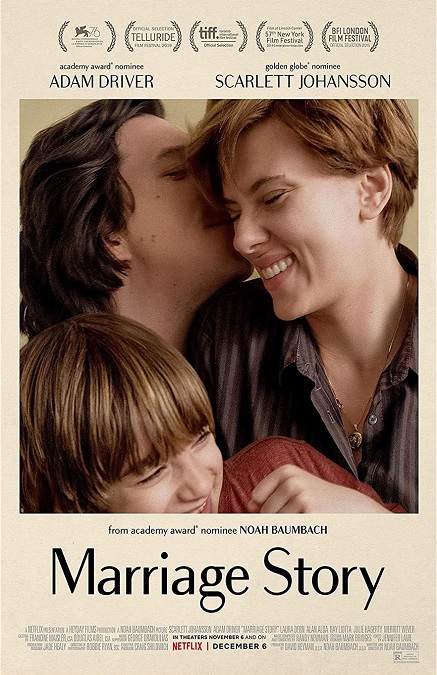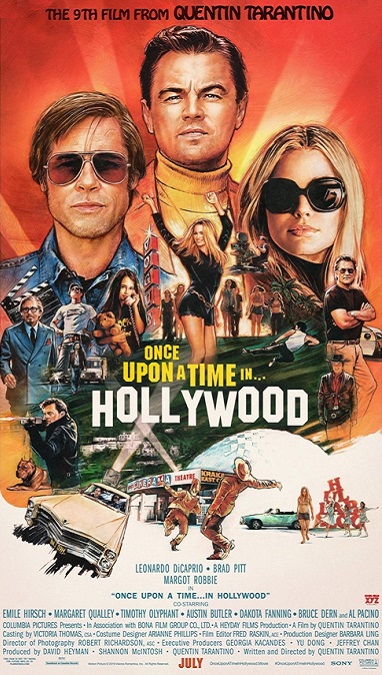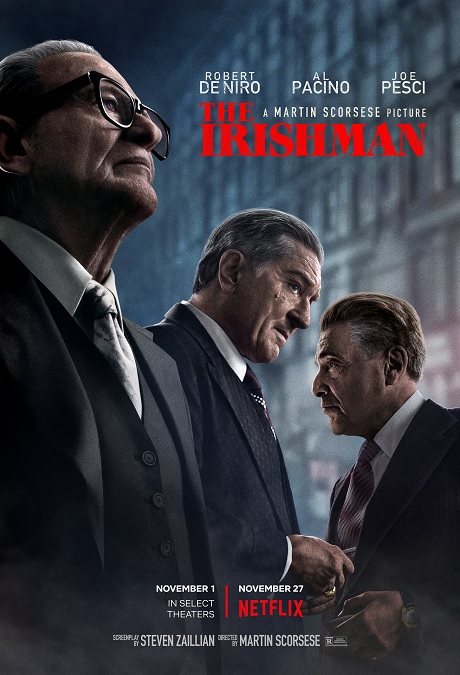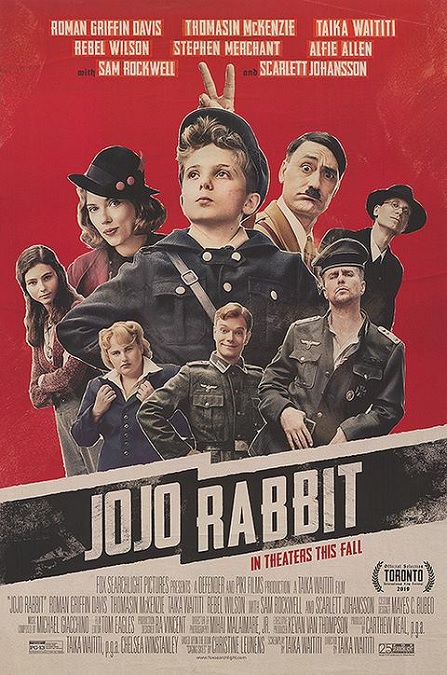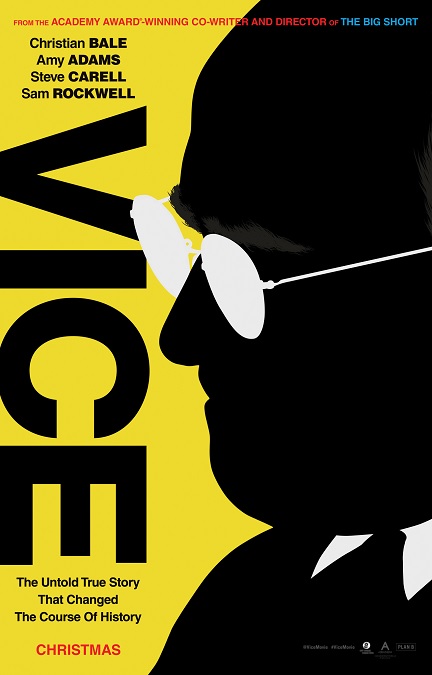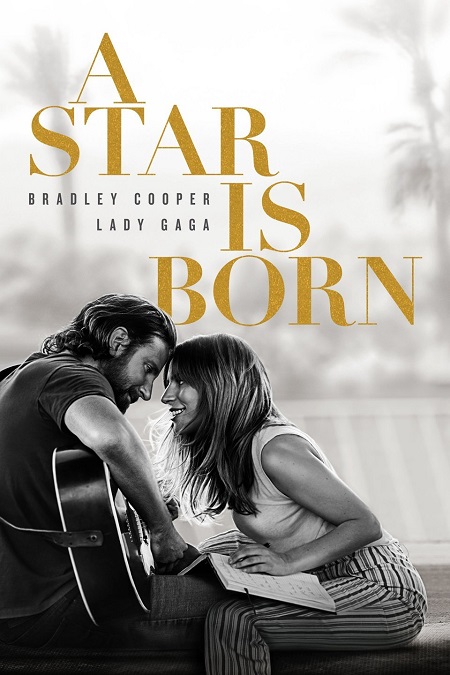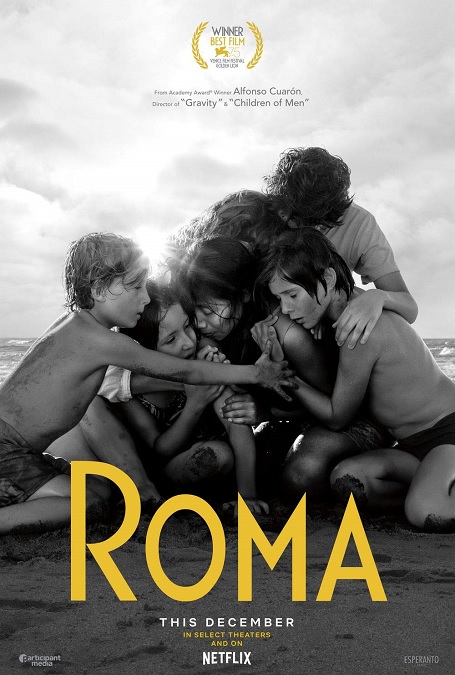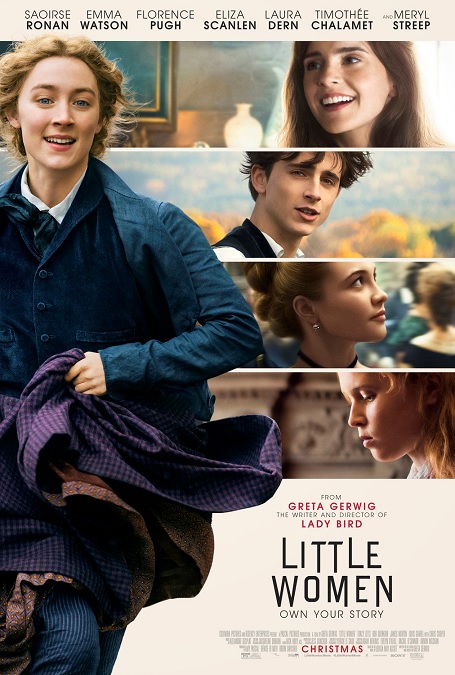




Little Women – 2019
Really? Do we need another telling of the same dull story? This is the seventh film adaptation of the classic novel by Louisa May Alcott. The first two were silent films, and the 2018 version was a modern-day retelling. But take those out, and you still have four versions of the same story. So what was it about this newest version that makes it stand out from the rest, and why was it nominated for the Best Picture award?
First of all, just because I find the story slow and boring, it doesn’t mean that everyone finds it so. There is a reason why it is a book that has endured the test of time, a reason why so many people still revere the book as inspirational and groundbreaking, even today. It is a story that celebrates female independence and empowerment, among other things, and director Greta Gerwig really beefed up those aspects of the tale. The plot is told through the perspective of Jo March, who is the most independent character in the story, and who is the most direct representation of the author of the original book. Seeing as how it was written in 1868, a time when women were seen as the inferior gender, then I can see how it was certainly groundbreaking for its time.
The story, in a nutshell, is this: Four sisters, Jo, played by Saoirse Ronan, Meg, played by Emma Watson, Amy, played by Florence Pugh, and Beth, played by Eliza Scanlen, under the guidance of their mother Marmee, played by Laura Dern, grow from girlhood to womanhood. They each have their own individual personalities and talents. For example, Jo is an author, Amy is a painter, Beth is a pianist, and Meg has a love of acting. Jo is bold and brash, Amy is pragmatic and slightly spoiled, Beth is shy, and Meg is pretty. As the sisters reach adulthood, they each face struggles, but eventually find husbands, all except Beth who dies of scarlet fever.
There is a love triangle sub-plot that involves Laurie Laurence, played by Timothee Chalamet. Amy loves him but he loves Jo. Joe just loves her sisters and writing, and doesn’t want to get married. But eventually she falls for Friedrich Bhaer, a fellow scholar, played by Louis Garrel. Meg has dreams of marrying into money but ends up marrying the penniless John Brooke, played by James Norton. Amy eventually wins Laurie over, and the two marry. In the end Jo writes the Book Little Women, and everyone lives happily ever after. The end.
But I think that Greta Gerwig really told the story in a new and interesting way, so that it wasn’t just the same old story that’s been told so many times before. Most versions are like the book and are very linear. They are children, then they are adults, in that order. But here, the movie begins as the girls are already adults, and much of the story is told in flashback. Yes, it is a subtle difference, but it makes the character of Jo out to be much more introspective about her own past, and how it has shaped the woman she has become.
I thought it was significant that, though Gerwig’s script remained very true to the original novel, a very small yet significant departure from the source material snuck its way into the film. In the book, when Professor Bhaer comes to stay with the March family, he proposes to Jo, and she accepts. In the film, he doesn’t propose, and Jo ends her book without her own character marrying. But then Mr. Dashwood, the publisher, tells her that the book will not sell if the main character remains unmarried, so she re-writes the ending so that she chases after Professor Bhare, finds him at the train station, and then he proposes to her, which she accepts. It made the point that the character would have been perfectly happy remaining single and eventually becoming a spinster, all in the name of retaining her independence. But it also says that she wants her book to sell, so she chooses to let her character marry, and chooses to marry, herself. It’s a little meta.
And then there was the character of Aunt March, played by Meryl Streep. She is usually portrayed as just a mean old spinster with money, but Streep is such a good actress, that she made her seem like she was being strict and manipulative out of love, rather than spite. The men in the film were mostly window dressing. Chalamet did a good job and the critics have praised his performance along with Ronan and Pugh, but I thought he was just alright. The other two significant male rolls were The March family’s father, played by Bob Odenkirk, and Laurie’s father, Mr. Laurence, played by Chris Cooper, and both did just fine. I particularly liked Cooper who brought a very likeable quality to the character.
So, was the period film relevant to today’s times? Yes, I believe it was. Female empowerment and independence is a very important issue that doesn’t get enough attention, even today. Was the plot slow and boring? Yes. Was the drama deep or moving? Not for me, but I think I’m in the minority on that one. Did the movie deserve its Best Picture nomination? Sure, why not, but I’m glad it didn’t win, especially when it was up against great movies like Parasite, JoJo Rabbit, 1917, and Once Upon a Time in Hollywood. Who knows, maybe in another few decades, it will be time for an eighth film adaptation.


